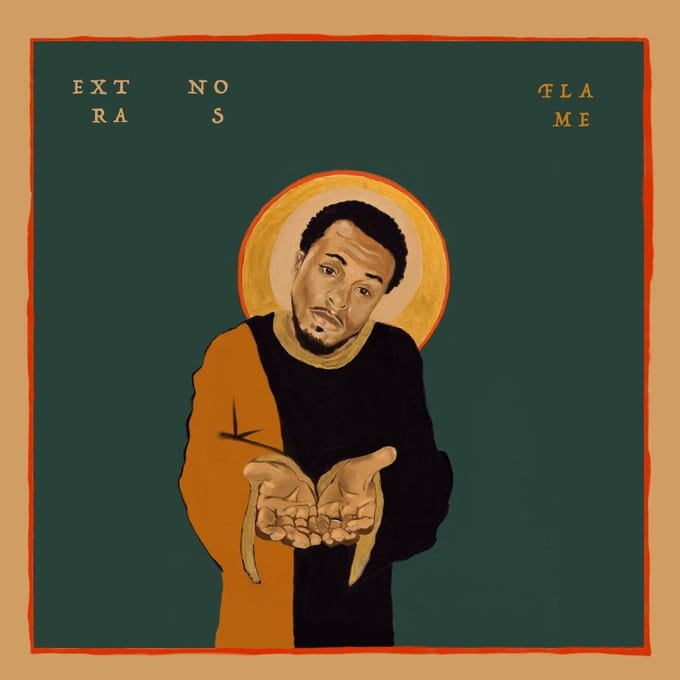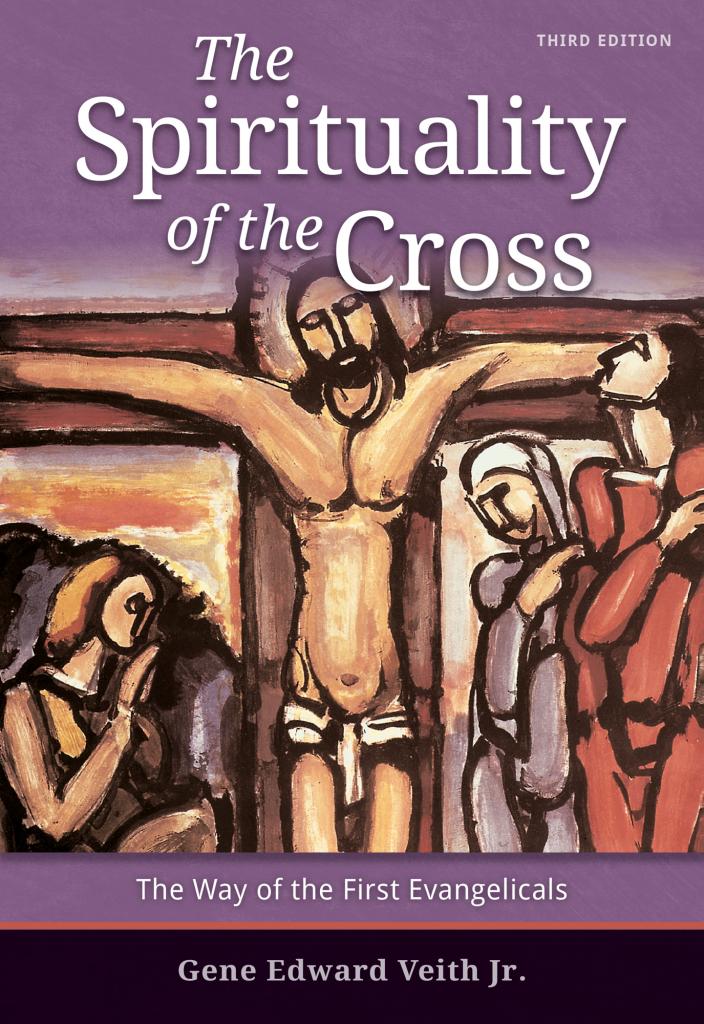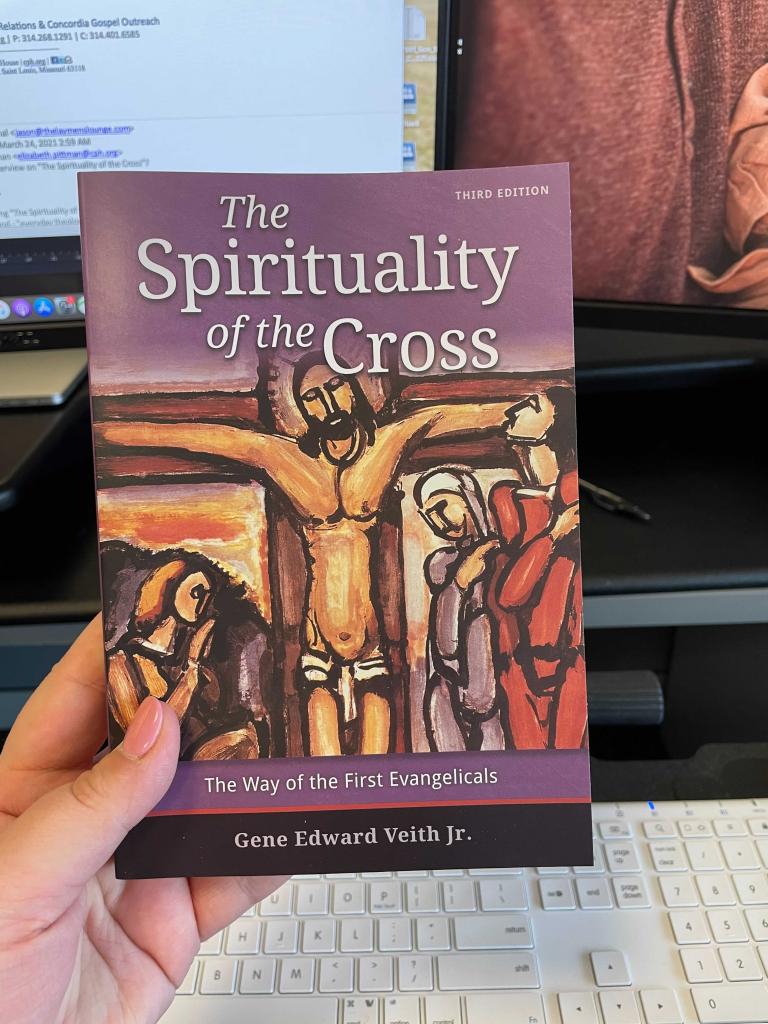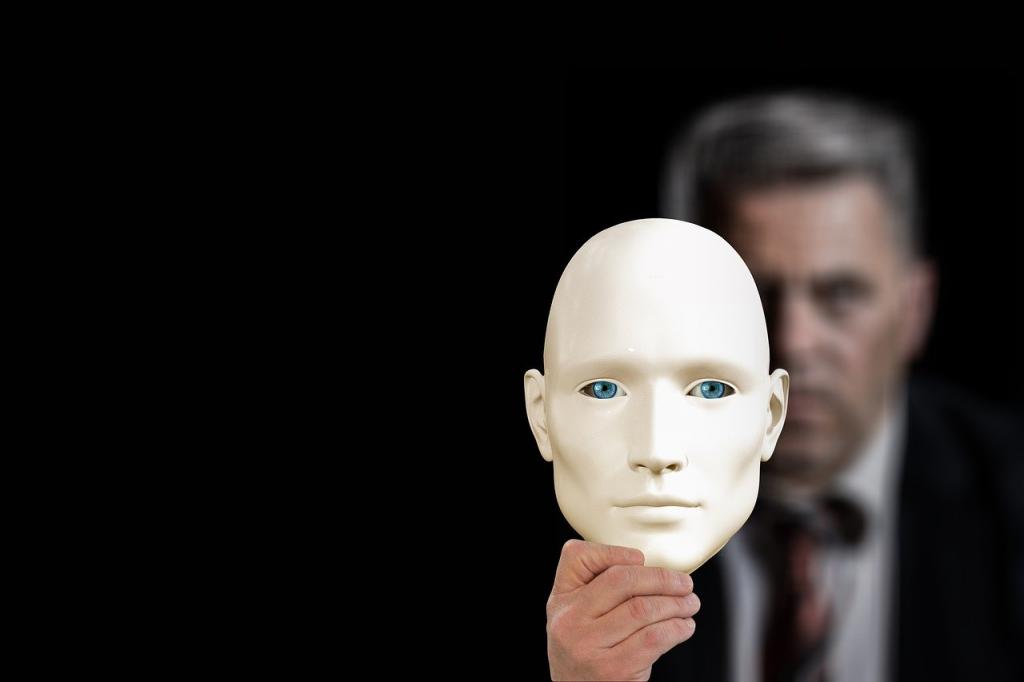You can buy the book from Amazon or directly from Concordia Publishing House.
Preface to the Third Edition
This book first came out in 1999. Since then, it has been translated into many languages–Chinese, Russian, Finnish, Danish, Norwegian, Latvian, Korean, Portuguese, Turkish—and, I am told, has been helpful to many readers. I keep running into people who tell me how they found the book “liberating” and “life-changing.” I continue to be astonished and gratified by such reactions, though, as I hasten to say, none of what they are so excited about came from me. I didn’t make any of this up. This emphasis on grace, atonement, forgiveness, incarnation, sacraments, and the transfiguration of ordinary life comes out of a major Christian tradition.
This so-called Lutheran Christianity started as an attempt to reform Catholicism (which didn’t want to be reformed) and gave rise to Protestantism (which soon left it far behind). As such, Lutheranism involves major elements of both Catholicism (sacraments, liturgy, creeds) and Protestantism (the gospel, the Bible, the priesthood of all believers)—making it a uniquely ecumenical form of Christianity—while also having its own distinctives (vocation, the Two Kingdoms, the theology of the Cross). All of this results in a particularly life-affirming, physical-existence-affirming, liberating version of Christianity.
I myself discovered this strain of Christianity as a complete outsider. I grew up in mainline liberal Protestantism, flirted with all kinds of “spiritualities” in college, felt the allure of Catholicism, and became broadly evangelical. But when I stumbled onto Lutheranism, everything came together for me. This, at last, was the church and the theology and the spirituality that I had been yearning for.
I wondered, though, why it had been so hard for me to find. The English-speaking world is not very familiar with Lutheranism. It would have been a different story in Scandinavia or Germany or Eastern Europe or even Africa. Remarkably, even some who go by the name “Lutheran” in the United States have chosen to emulate other American Christians—whether mainline liberal Protestants or conservative evangelicals—rather than their own spiritual tradition. I found Lutheranism with much effort, thanks to pastors who catechized me, led me in worship, and gave me things to read. But I knew there were other people out there, just like me, who knew nothing about the Lutheran option.
So I wrote this book. I decided to write the book that I had needed, that I wish someone had given to me, back when I was floundering. That was back in the late 1990’s. And the book has done what I hoped it would do. Quite a few people have become Lutherans with the help of this book. Quite a few Lutherans have discovered what Lutheranism is all about. Best of all, some people have become Christians with the help of this book, which cast down what had put them off about Christianity and which taught them for the first time who Christ is and what His Cross accomplished for them.
In 2010 the book came out in a second, revised edition. I clarified a few explanations that, judging from reader feedback, were confusing. I expanded some discussions. Most of all, I made adjustments based on my further study and experience.
Now, another ten years later, Concordia Publishing House has asked me to prepare yet another edition. And rightly so. The religious landscape today is very different from what it was in 1999 and 2010. Back then, Christianity was somewhat popular. Evangelicalism was in the ascendant and churches were morphing into megachurches. Secularization was taking its toll, but, for the most part, churches in the United States, at least, were enjoying good numbers and high status. But today the bottom seems to have fallen out of American Christianity.
While Christianity is booming in the rest of the world, it is fading in North America and Western Europe. We are in the era of the “Nones,” those who say they have no religious affiliation whatsoever. There are now as many Nones in the United States as there are evangelicals, each numbering about a quarter of the population. And yet very few of these Nones are atheists or materialists. Nearly three-quarters of the Nones believe in a God of some kind, and nearly four-fifths believe in some kind of spiritual realm. They really are, as many of them say, “spiritual but not religious.” They hold to highly personal and interior spiritual beliefs and practices, assembled from many sources according to their own constructions, but they reject any kind of “organized” or “institutional” religion.
And who can blame them? Liberal churches have made themselves so secular, in a vain attempt to appeal to secularists, that they have little to offer secularists who yearn for something more. Conservative churches that speak much about sexual morality are revealed to be rife with horrific sexual abuse. Some churches keep their popularity by offering a consumeristic “prosperity gospel” and facile pop psychology, as opposed to anything remotely recognizable in historic Christianity. And even churches that maintain a sense of moral and theological integrity often seem shallow and simplistic. Those who are “spiritual but not religious” might well become interested in the rich heritage of Christian spirituality, but they would be hard-pressed to find it in most American churches.
In my opinion, the moral and spiritual weakness of Christianity today derives from a broad-based de-emphasis on the Cross. To be sure, the incarnation, death, and resurrection of the Second Person of the Trinity is central to all of Christianity and all branches affirm that Christ’s crucifixion, in some sense, is connected to our salvation. Lutheranism is in solidarity with all of the other branches of Christianity, but it puts a particularly strong emphasis on the Cross of Jesus Christ, who, through His suffering and death, atoned for the world’s sins and gives us redemption. Indeed, the teaching that we are justified by faith in the atoning work of Christ on the Cross is considered “the chief article”—the underpinning of every aspect of Lutheran theology and, indeed, of the Christian faith as a whole.
In recent years, both liberal and conservative churches have been minimizing this teaching. Mainstream Protestants have been saying things like, “If God punished His son for other people’s sins, that would be cosmic child abuse” (ignoring the union of the Father and the Son in the Trinity). Many conservative Protestants and Catholics have been downplaying a high view of the atonement as an offense against God’s righteousness and so shifting the burden of righteousness back on us (ignoring our inability to bear that burden, as only God can). Christians from across the spectrum are saying that when the Apostle Paul teaches that the Cross frees us from the Law, that he is referring only to the ceremonial laws of the Old Testament (ignoring how those laws themselves are manifestations of atonement for moral transgressions).
Our natural religious impulses and the religions that we devise for ourselves tend to condition salvation based on what we do and what we deserve, on our “good works” or our “merit.” When churches downplay the Cross, this legalistic, merit-based spirituality rushes in to fill the void. Thus, it is commonly believed, both inside and outside the church, that Christianity is all about morality, about “being good.” As opposed to the Lutheran emphasis that Christianity is primarily about finding forgiveness when we fail to be moral, when we are not good.
Certainly, Lutherans believe in morality, in being “good” in all of the senses of that term, but this comes not from rules, external constraints, and the repeated cycle of failing and trying harder, but from an internal transformation that Christ creates by means of our faith. Without Christ’s justification, we try to justify ourselves. That is, we declare ourselves righteous by insisting on how virtuous we are, which becomes a formula for hypocrisy, rationalization, and conflict with others. And when we justify ourselves, we end up justifying our bad behavior. This explains why moralism is so often accompanied by immorality.
But when we no longer have to justify ourselves because Christ justifies us through His Cross, we are freed from all of that. Lutheran theologians say that this kind of justification is “the article upon which the church stands or falls.” When a church plays down the Cross, it “falls.” And that is what we are seeing today. Churches are falling.
Recovering Lutheran spirituality—the spirituality of the Cross—can revitalize all of the Christian traditions. What I have to say here can be helpful, I think, even to those who have no intention of becoming Lutheran. For example, Baptists are currently split between their “Calvinist” and their “Arminian” factions. A Lutheran view of salvation can show them a way forward. Christians are currently having problems figuring out how they should relate to an increasingly secular world. The Lutheran theology of culture can be helpful in resolving those issues. Christians today have difficulty dealing with suffering. The Lutheran theology of the Cross addresses that in a profound and deeply consoling way.
A particular challenge for people today, whether Christians or Nones, is how to live a meaningful life in this seemingly meaningless world. That is, how to be “spiritual” in a “material” world—do we have to be one or the other? Should we run away from the material in an effort to be spiritual? Or should we give up and run away from the spiritual and just be material? Are the spiritual and the material compatible? How do we navigate their contradictions? Lutheranism offers a unique perspective that can help resolve questions like these, so that even the “secular” realm can become charged with spiritual significance.
This third edition is the essentially the same book as in the earlier editions, but I revised it in light of these new contexts and audiences. I have added material, including some adapted from my book with Trevor Sutton, Authentic Christianity: How Christianity Speaks to a Post-Modern World (St. Louis: Concordia Publishing House, 2017). This edition also features a brand-new chapter, addressing a topic of utmost importance that Lutherans have developed in some distinctive ways, namely, Christology.
Another reason for another edition is that I have done more study, more worship, and more living. This book is personal, reflecting my own journey, and my journey has continued.
Cover photo from Concordia Publishing House






















